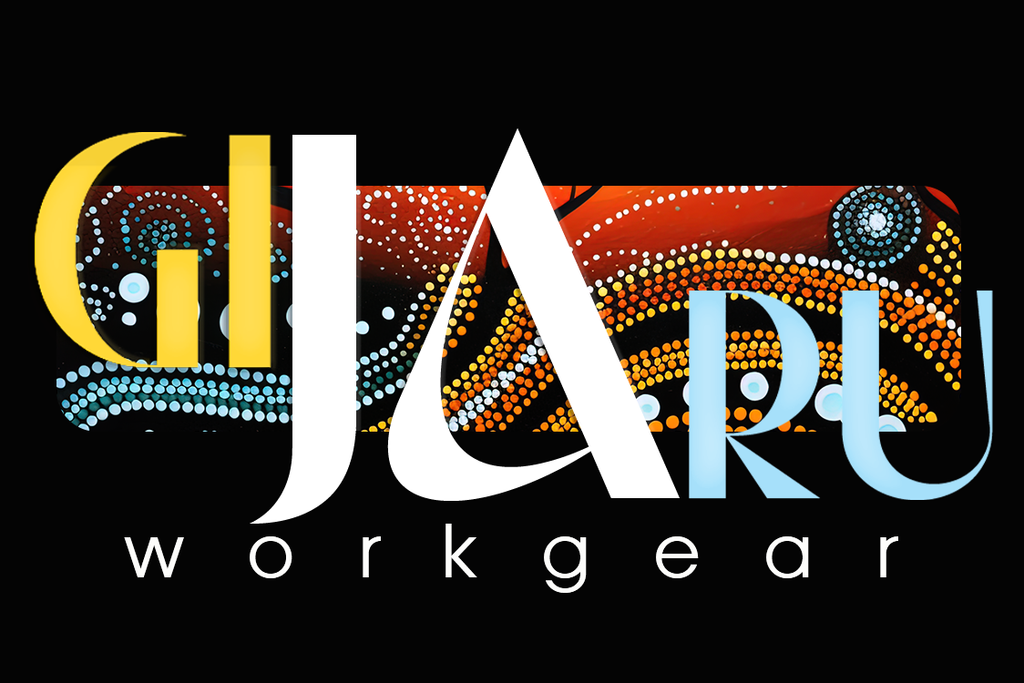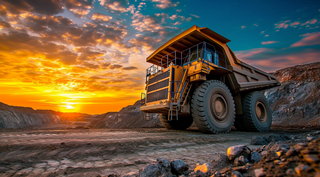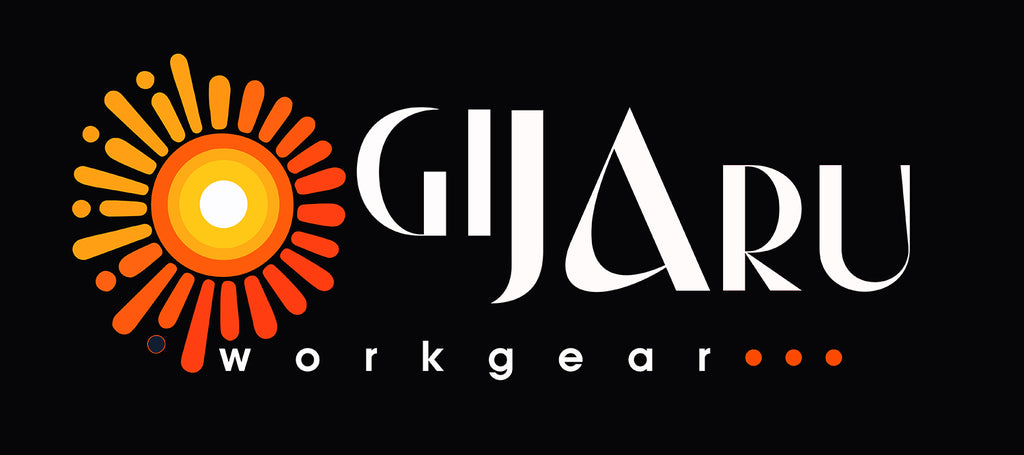Western Australia's mining industry is a cornerstone of the state's economy, but its success hinges on a strong and sustainable workforce. This goes beyond just numbers, it's about creating a work environment that prioritizes safety, training, diversity, and community. As an experienced mine site worker, I'm here to talk about these crucial aspects that are shaping the future of WA mining jobs, including those filled by FIFO (Fly-In-Fly-Out) workers.
Key Takeaways Table
| Aspect | Description |
|---|---|
| Mental Health & Wellbeing | Recognizing the challenges of working in remote locations and prioritizing mental health initiatives for miners. |
| Diversity & Inclusion | Encouraging a more inclusive workforce that reflects the diversity of the community. |
| Upskilling & Training | Equipping miners with the skills needed to adapt to new technologies and ensure long-term employability. |
| Indigenous Partnerships | Building strong partnerships with Indigenous communities to create shared value. |
| Community Co-existence | Balancing mining activities with the needs and aspirations of local communities. |
Prioritizing the Well-being of Miners
The demanding nature of mining, often in isolated locations, can take a toll on mental health. WA's mining industry is taking significant strides to address this by:
- Implementing mental health awareness programs to educate miners and reduce stigma.
- Providing access to counseling and support services for miners and their families.
- Fostering a culture of open communication where miners feel comfortable seeking help.
Miners face unique stress factors, including long shifts, remote locations, and challenging working conditions. To address these challenges, mining companies are increasingly implementing mental health initiatives. These initiatives encompass various strategies.
Building a Diverse and Inclusive Workforce
The mining industry has traditionally been dominated by men. However, there's a growing recognition of the benefits of a more diverse and inclusive workforce. Here's how WA is making progress:
- Targeted recruitment programs to attract women and minorities to mining jobs.
- Mentorship and sponsorship initiatives to support and empower women and minorities in their careers.
- Creating a more inclusive work environment that welcomes people from all backgrounds.
- Recruitment Strategies: Implementing strategies to attract and retain women and minorities in mining roles.
- Training and Development: Providing targeted training programs to support the advancement of underrepresented groups.
- Leadership Opportunities: Creating pathways for women and minorities to assume leadership roles within mining organizations.
Diversity and inclusion are vital for the sustainable growth of the mining industry. Historically, the sector has been male-dominated, with limited representation from women and minority groups. However, there is a growing recognition of the benefits of a diverse workforce. Mining companies are actively striving to increase diversity and inclusion through initiatives.

Equipping Miners for the Future with Upskilling & Training
The mining industry is rapidly evolving, driven by automation and new technologies. To ensure a future-proof workforce, WA is investing in:
- Upskilling and reskilling programs to equip miners with the skills needed for new technologies.
- Apprenticeship and traineeship programs to develop the next generation of skilled mining professionals.
- Partnerships with educational institutions to bridge the gap between education and industry needs.
- Cross-Training Opportunities: Providing opportunities for miners to diversify their skill sets and adapt to evolving job roles.
The rapid evolution of technology in the mining sector necessitates continuous upskilling and training initiatives. To remain competitive and adapt to changing industry demands, mining companies are investing in workforce development. Key strategies.
By investing in upskilling and training, mining companies can enhance employee capabilities, improve operational efficiency, and drive sustainable growth.
Building Strong Indigenous Partnerships
WA has a rich Indigenous heritage, and the mining industry is working towards building strong partnerships with Indigenous communities. This includes:
- Creating opportunities for Indigenous employment and business development in the mining sector.
- Sharing decision-making on mining projects that impact Indigenous lands.
- Investing in Indigenous education and training programs.
- Cultural Awareness Training: Providing training to employees to foster understanding and respect for Indigenous cultures and traditions.
- Economic Development Opportunities: Partnering with Indigenous communities to create economic opportunities, such as employment and business development.
Collaboration with Indigenous communities is essential for responsible mining practices and fostering positive relationships. Mining companies are recognizing the importance of meaningful engagement and partnership with Indigenous peoples. By prioritizing Indigenous partnerships, mining companies can promote social responsibility, and contribute to sustainable development.

Balancing Mining with Community Needs: Co-existence
Mining plays a vital role in WA's economy, but it's important to ensure mining activities co-exist harmoniously with local communities. This can be achieved by:
- Engaging with communities throughout the mining life cycle, from exploration to closure.
- Investing in community infrastructure and development projects.
- Minimizing the environmental impact of mining operations.
- Community Engagement Programs: Establishing forums for dialogue and collaboration between mining companies and local communities.
- Social Investment Initiatives: Investing in community development projects, such as infrastructure, healthcare, and education.
- Environmental Stewardship: Implementing responsible environmental practices to minimize impacts on local ecosystems and livelihoods.
Balancing mining activities with the needs and aspirations of local communities is crucial for fostering positive relationships and sustainable development. Mining companies are implementing various strategies to promote community co-existence.
The Circular Economy
The concept of the circular economy is gaining traction in the mining industry as companies seek to minimize waste and maximize resource efficiency. By adopting circular principles, mining operations can:
- Reduce Environmental Footprint: Implementing strategies to minimize waste generation and optimize resource utilization.
- Promote Recycling and Reuse: Exploring innovative techniques to recycle materials and extend the lifespan of resources.
- Embrace Sustainable Practices: Integrating environmental considerations into mining processes to mitigate negative impacts on ecosystems and communities.
Discover our researching guides on buying Crib Bags.
By transitioning towards a circular economy model, mining companies can create value while minimizing environmental harm and enhancing long-term sustainability.
By prioritizing these aspects of safety, training, diversity, and community, WA's mining industry can build a sustainable and successful future. This not only benefits miners and mining companies, but also fosters thriving communities and a bright future for the entire state. As WA continues to develop its mining sector, these trends will play a critical role in attracting and retaining a skilled and engaged workforce, including those seeking FIFO mining jobs.





